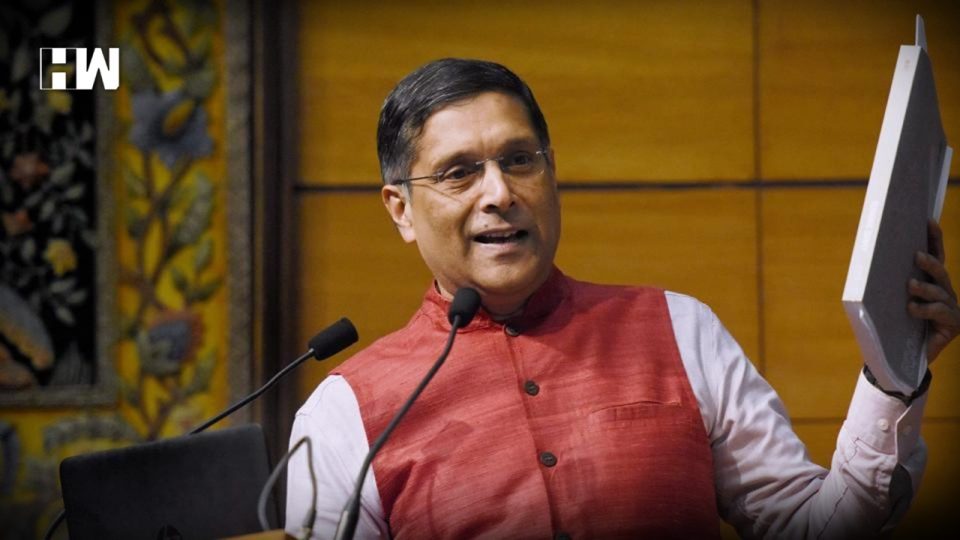New Delhi | In a major setback to the Union Government, former Chief Economic Advisor of the Indian government Arvind Subramanian has called NDA government’s Demonetisation decision a Draconian and Monetary Shock.
Speaking on the 8 November 2016 decision of demonetising high-value currency notes. Subramanian said, “Demonetisation was a massive, draconian, monetary shock that accelerated economic slide to 6.8 percent in the seven quarters after it against the 8 percent recorded prior to the notes ban.”
Writing in his book “Of Counsel: The Challenges of the Modi-Jaitley Economy” Arvind Subramanian has said, hat he does not have a strongly-backed empirical view apart from the fact that the welfare costs, especially on the informal sector, were substantial. However, he has skipped that part on whether he was informed or whether he was consulted in the decision-making process of demonetisation.
Subramanian further wrote, “Demonetisation was a massive, draconian, monetary shock: In one fell swoop, 86 percent of the currency in circulation was withdrawn. The real GDP growth was affected by the demonetisation. Growth had been slowing even before, but after demonetisation, In another chapter titled “The Two Puzzles of Demonetisation — Political and Economic” he claimed,”In the six quarters before demonetisation, growth averaged 8 percent and in the seven quarters after, it averaged about 6.8 percent (with a four-quarter window, the relevant numbers are 8.1 percent before and 6.2 percent after).”
Writing about the impact of Demonetisation, Subramanian stated that he does not think anyone disputes that demonetisation slowed growth. Rather, the debate has been about the size of the effect — whether it was 2 per cent points, or much less. “After all, many other factors affected growth in this period, especially higher real interest rates, GST implementation and oil prices.”
As an independent media platform, we do not take advertisements from governments and corporate houses. It is you, our readers, who have supported us on our journey to do honest and unbiased journalism. Please contribute, so that we can continue to do the same in future.

